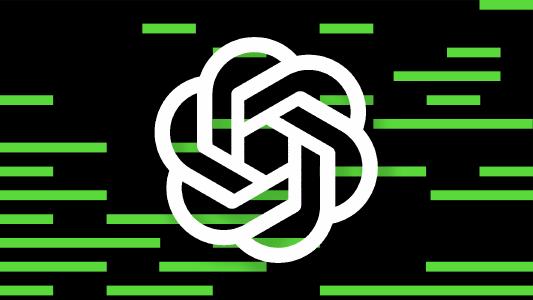Google is adding new features to its Workspace products, giving users of Gmail and Google Docs direct access to a ChatGPT-like AI writing assistant — but when it’ll be available for everyone is still TBD.
Generative AI: Generative AI — software trained to produce text, images, and other content in response to user prompts — is the biggest thing in tech right now.
This is due in no small part to the efforts of OpenAI, a research firm co-founded by then-Y Combinator president Sam Altman — in 2022, the firm released a state-of-the-art image generator, DALL-E 2, followed by a hugely popular text generator, ChatGPT.
Microsoft, a major investor in OpenAI, has already used the tech behind ChatGPT to upgrade its new Bing search engine and Edge browser, and it will soon be integrated into Outlook, Word, and the MS Office suite.
You can enter a topic, and Google’s AI writing assistant will draft an entire email for you.
Google’s play: In response to ChatGPT’s potential threat to its search business, Google execs declared a “code red” in December that has led to a major push within the company to develop similar AI products.
In February, it announced Bard, a ChatGPT-like AI that it was making available to “trusted testers” ahead of a public release. Now, it is giving testers access to new generative AI features for Google Workspace products, starting with an AI writing assistant for Gmail and Google Docs.
“We’re now making it possible for Workspace users to harness the power of generative AI to create, connect, and collaborate like never before,” writes Johanna Voolich Wright, VP of Product at Google Workspace.

The details: Google offered several examples of how to take advantage of their new AI writing assistant in Gmail and Docs.
If you need help getting started writing, for example, you can enter a topic, and the AI will generate an entire draft. You can then edit that draft or click buttons directing the AI to make specific changes to the content, such as “shorten” or “formalize.”

Alternatively, you could ask their AI writing assistant to work with existing content — this might mean summarizing an email thread or turning a batch of notes in a Google Doc into a polished email you could send to co-workers.
In the future, Google anticipates incorporating generative AI into other Workspace products — these include a DALL-E-like image generator that can produce original art for presentations in Slides, and an AI that can quickly analyze data in Sheets.
The waiting game: When Google announced Bard, it said it planned to make the AI “more widely available to the public in the coming weeks” — five weeks later, we’ve yet to see any progress on that front.
In the new announcement, the company says it will give trusted testers access to the Gmail and Docs features this month before rolling out other AI tech to them throughout 2023 — but it doesn’t give even a vague prediction as to when any of the features might reach the public.
If you don’t want to wait for your AI writing assistant, though, you could always ask ChatGPT for help, and then make use of a feature already available across all of Google’s products: copy and paste.
We’d love to hear from you! If you have a comment about this article or if you have a tip for a future Freethink story, please email us at [email protected].






